Blog
Expectations, Empathy, Sweet Tea & Crossing Borders
In early years of the Tour d’Afrique, at the border of Sudan and Ethiopia, in the middle of a town called Metema, was a 25 foot bridge. After crossing the bridge, there was no official barrier. There was only a small sign on the side of the road pointing to a border control hut, with no soldiers or other officials to be seen. One of our young participants when entering Ethiopia was focused on a site a few meters beyond the bridge, where some of his friends were already having a beer. Since alcoholic beverages were not an option in Sudan, and those who have been there know how hot it can get, he went straight for the beers. He may have had more than one and, as a result, didn’t get his Ethiopian entry stamp. Three weeks later, when the tour arrived at the Ethiopian/Kenyan border in Moyale, he now had a serious problem.
These days, I have a little library that I and my neighbour set up in front of our home. A couple of weeks ago I found a book there by Tony Wheeler, the co-founder of the Lonely Planet books and participant on the 2009 Tour d’Afrique. The book – Badlands – was published in 2010, and describes Tony’s travel to countries that, in those days and even today, were certainly not on anyone’s ‘must see list’. The countries were the usual suspects – North Korea, Iran, Iraq, Libya, Cuba, Saudi Arabia and so on. At the end of the book Tony has a chapter he calls ‘Other Bad Lands’, countries that didn’t quite make it into the top 10.
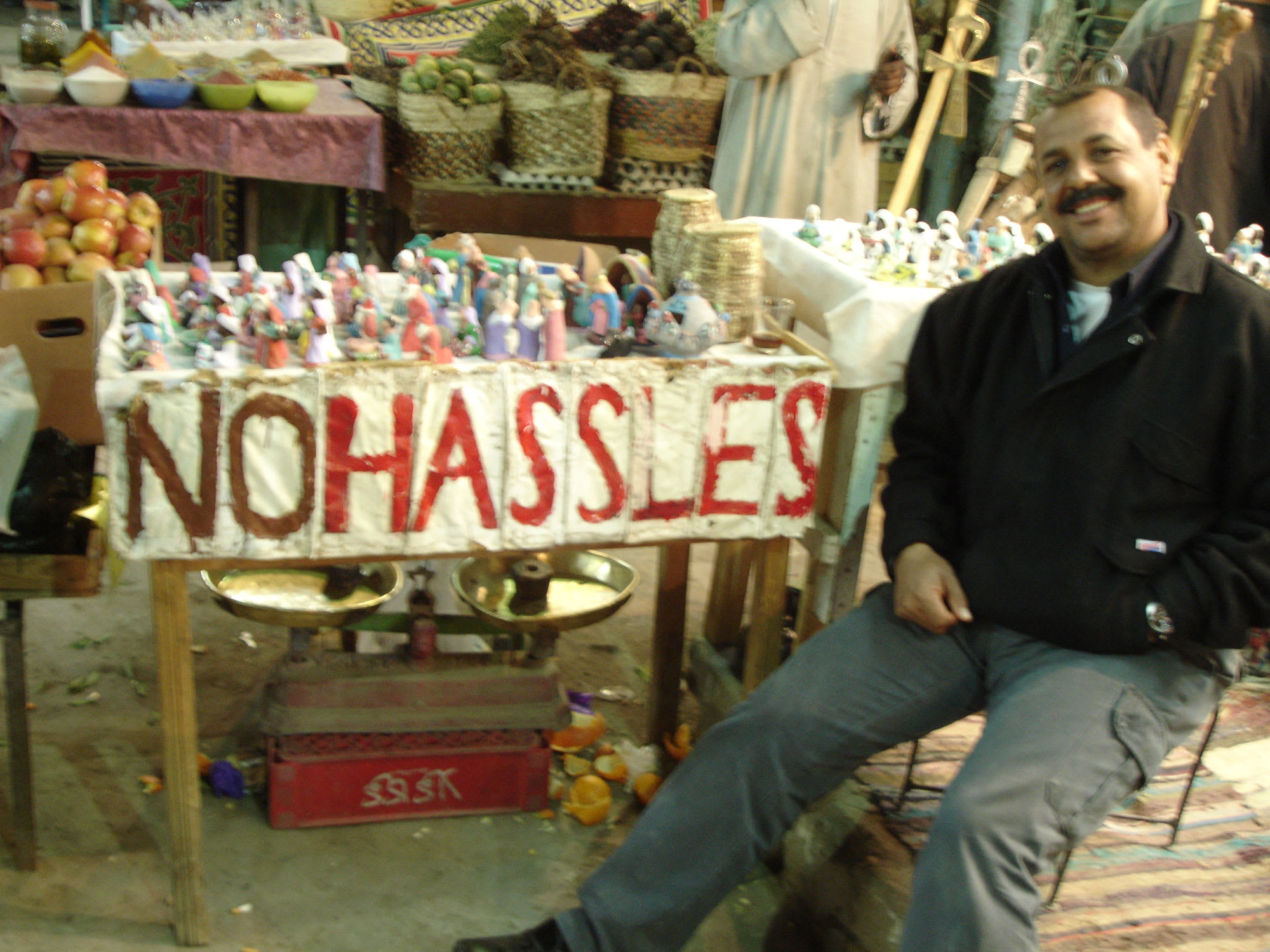
From my own experiences, what strikes me over and over again, is that what we usually expect when we decide to visit a new country, is never what the reality of the experience is. For example, one would expect Tony faced endless dangers. Yet he writes, “Only in Afghanistan and Iraq, was I even slightly concerned for my own safety, and I always ate well, slept comfortably, stayed healthy and as a bonus made some good friends.”
Now that we all have had an unexpected hiatus for two years and are finally moving back to our previous adventurous lives, I thought that this issue of expectations was worth reviewing. Just about all the participants on our tours have comfortable lives, yet they choose to participate on these adventures where the usual comforts, the ones they are used to are simply not there. Most of them accept that and realize that it is part of the adventure, exposing themselves to something new and different. The discomforts, the unknowns, the strangeness, are not a big deal.
But, unfortunately, not to everyone. In such situations, what happens is painful for us, the organizer, both in terms of how to deal with an outburst due to ‘no hot water’ or ‘no running water’, or a noisy air conditioner, or someone having a better room, or waiting a long time for the food they ordered. It is also very painful to watch when some unhappy participants mistreat the locals, ignore local conditions and culture and do not think about the environment and the immense challenges of the places they are in.
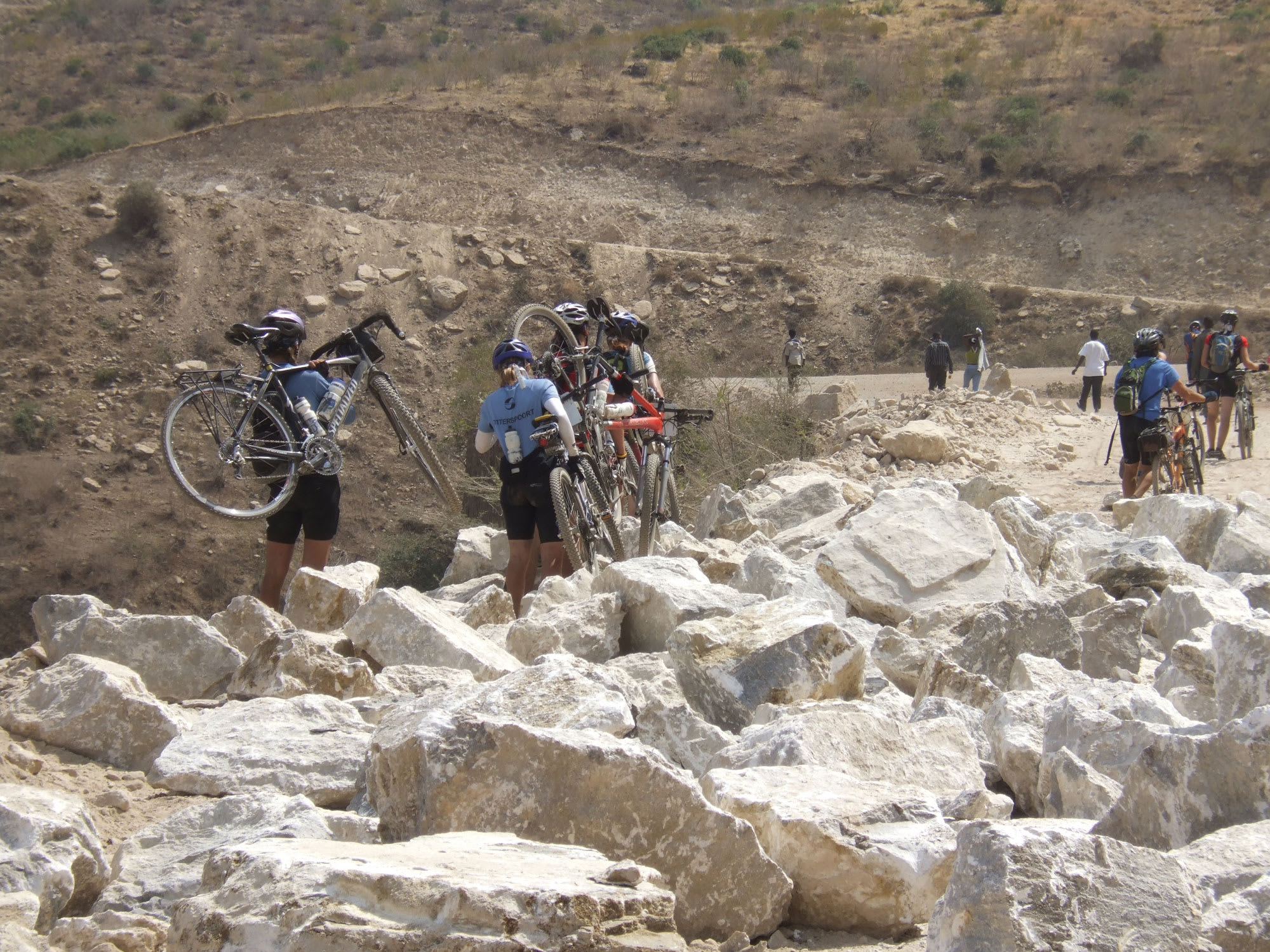
A rough day in Ethiopia
Yes, I understand. The participant just had a rough day on the bicycle, they are not feeling well or have a myriad of other reasons. But such outbursts or worse, when it happens multiple times, not only has a negative effect on the group you are part of but also creates problems for future participants. Frankly, if you write a negative review on the only 3- or 4-star hotel in town, the owner will have no desire to host our group the next time around. More importantly, in case of an emergency, whatever the poor service in the restaurant may have been or that the toilet was leaking, when it comes to unexpected problems, we are all dependent on locals. There were many times it was the kindness of strangers that helped us and saved us from more serious problems. I have written about this lightheartedly few years ago in a series – Reflections on Cycling the World.
Another book I recently came across – The Good American: The Epic Life of Bob Gersony, the U.S. Government’s Greatest Humanitarian – by Robert D. Kaplan, describes how one individual working independently influenced American policies across the world. The Good Reads website writes that it is a “story of the most influential humanitarian you’ve never heard of who spent four decades in crisis zones around the world”. I picked the book because, when looking at the cover, I realized that he and I shared a similar background of being children of Holocaust survivors, but, more interestingly, his work took him to some of the same areas that I had worked and traveled in and talks about some of the people I had met and gotten to know.
What was most remarkable about what Gersony did is the method he used. He would be sent to troubled areas of the world and interview hundreds of local people, listening and writing down their stories, their tragedies and their needs. He then compiled the notes he made during these interviews, which gave him a clearer picture of what was going on. He summarized this in reports and then made recommendations for policy makers including the type off aid that was needed. Apparently, most of the time, his recommendations were right on. This approach reinforces what I knew worked for the NGO I had run many years ago. My interpreters often looked at me suspiciously when I asked the same questions over and over from different people from all levels of society in the same area. Once the answers began to look similar, I knew that I just might be getting the information I needed to implement a successful project.
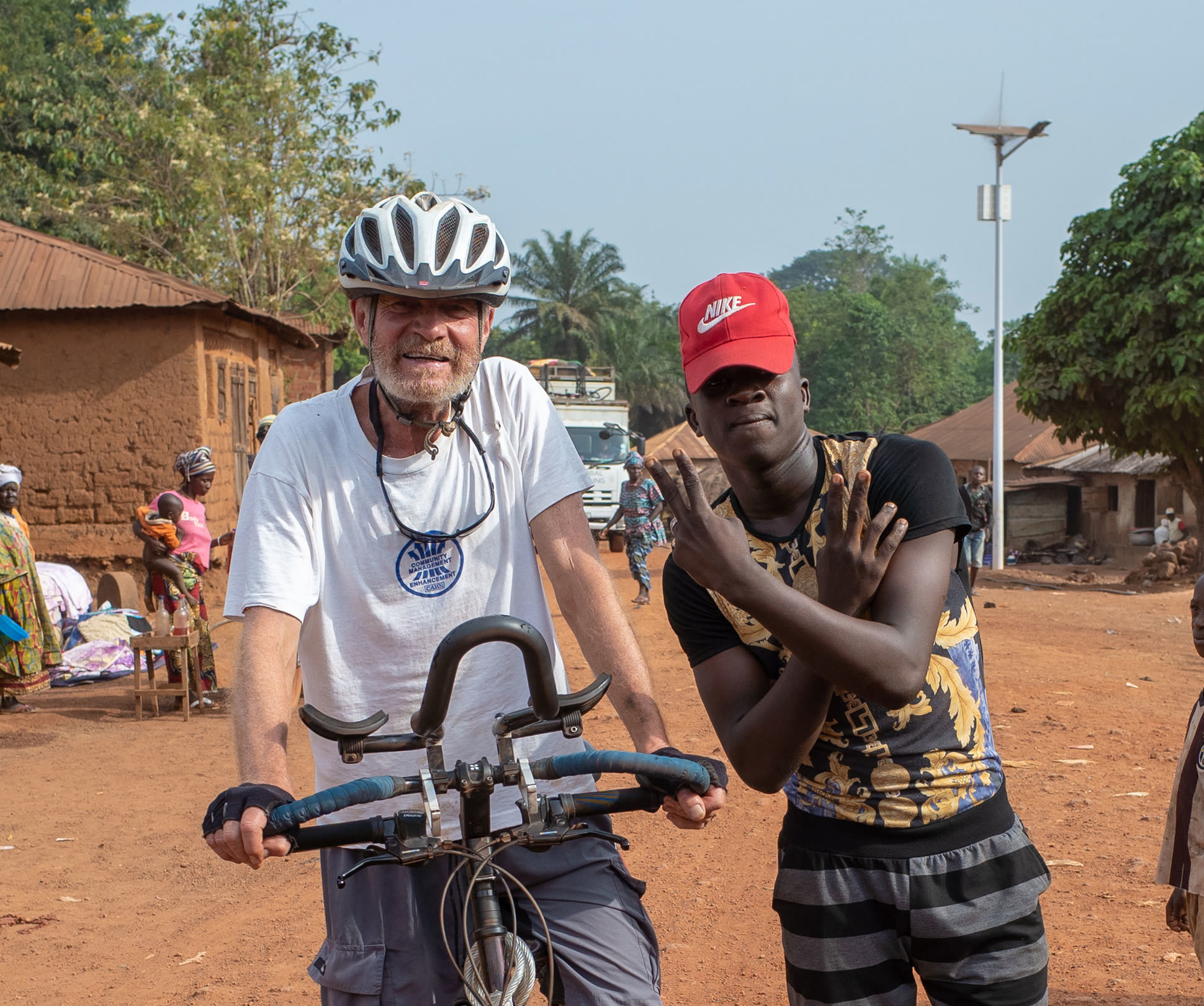
Henry meeting the locals in West Africa
I bring up this story here because, if I have learned anything in my work in conflict areas or in my travels, it is that having direct interaction with locals, having respect for them, their culture and treating them with dignity and empathy, works better than tantrums, insults and bribes.
Getting back to the young Tour d’Afrique rider with whom I began this blog, when I arrived at the Moyale border, I found him and his friend solemn and at a loss for words. All the other riders had crossed the border, but he was told he must go back 800 km to Addis Ababa and get the proper documentation to prove that he had entered the country legally. His friend whispered to me that what was needed was a bribe. I asked him if he has his exit stamp and then pointed him in the direction of Kenya.
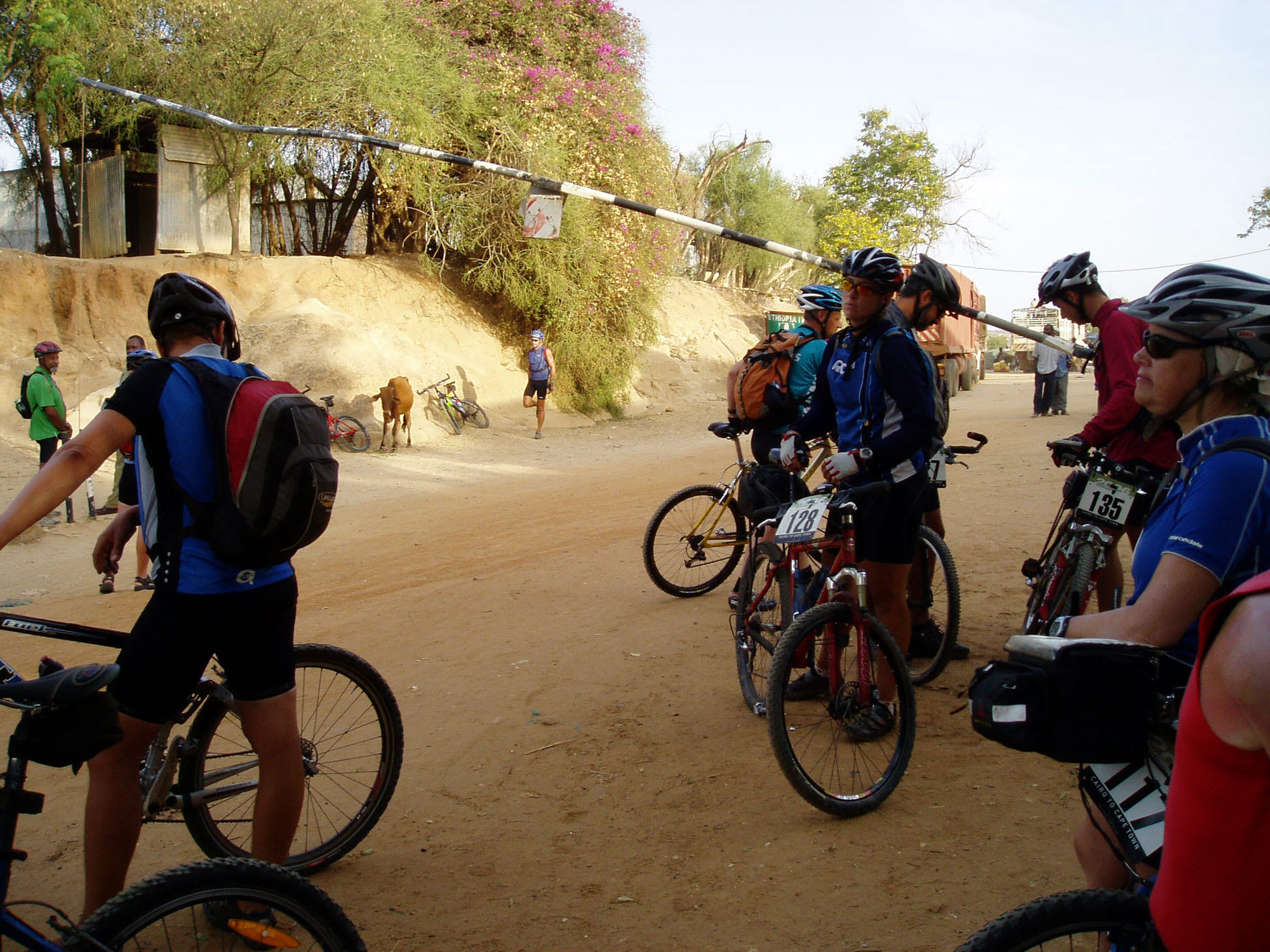
Moyale border crossing
I walked inside to the border official. We chatted for a while but he insisted that there was nothing to be done. I asked him if I could have a few words with his boss. He said that it was possible so we got into a car and drove to his boss’s house. He went in while I waited at the gate. After a few minutes, the boss came out, looked at me and said, ‘Henry, what are you doing here?’
Several years earlier, a wallet – my wallet – went missing at this same border. It was a long rough day and last thing I needed was to lose or have a wallet stolen at a border. I could have gotten angry. I could have thrown a tantrum. I could have made a scene. Instead, I sat down with the man in charge, this very same man. We had talked while drinking several very sweet cups of tea, sharing stories and laughter, establishing a personal link that now came in handy and which solved the immediate problem. A very fortunate outcome for the scatterbrained young man who was now allowed to leave Ethiopia without an official entry stamp. And the wallet? It was never to be seen again. Not that I expected it would.
 REGISTER NOW
REGISTER NOW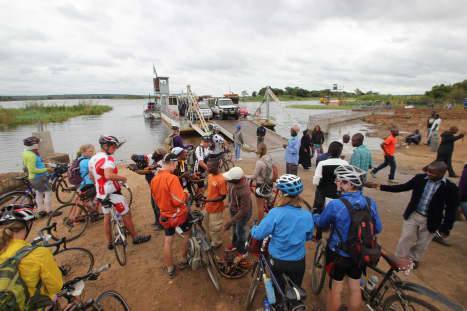
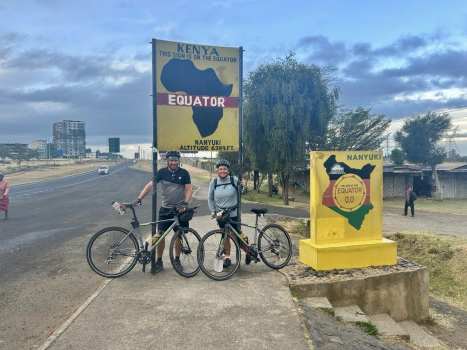
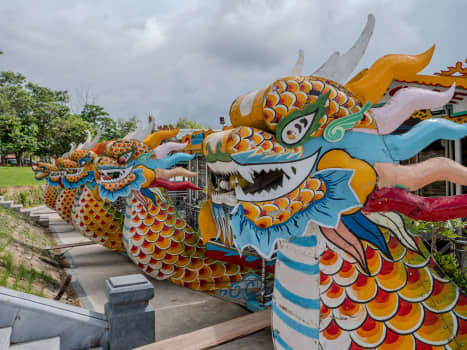

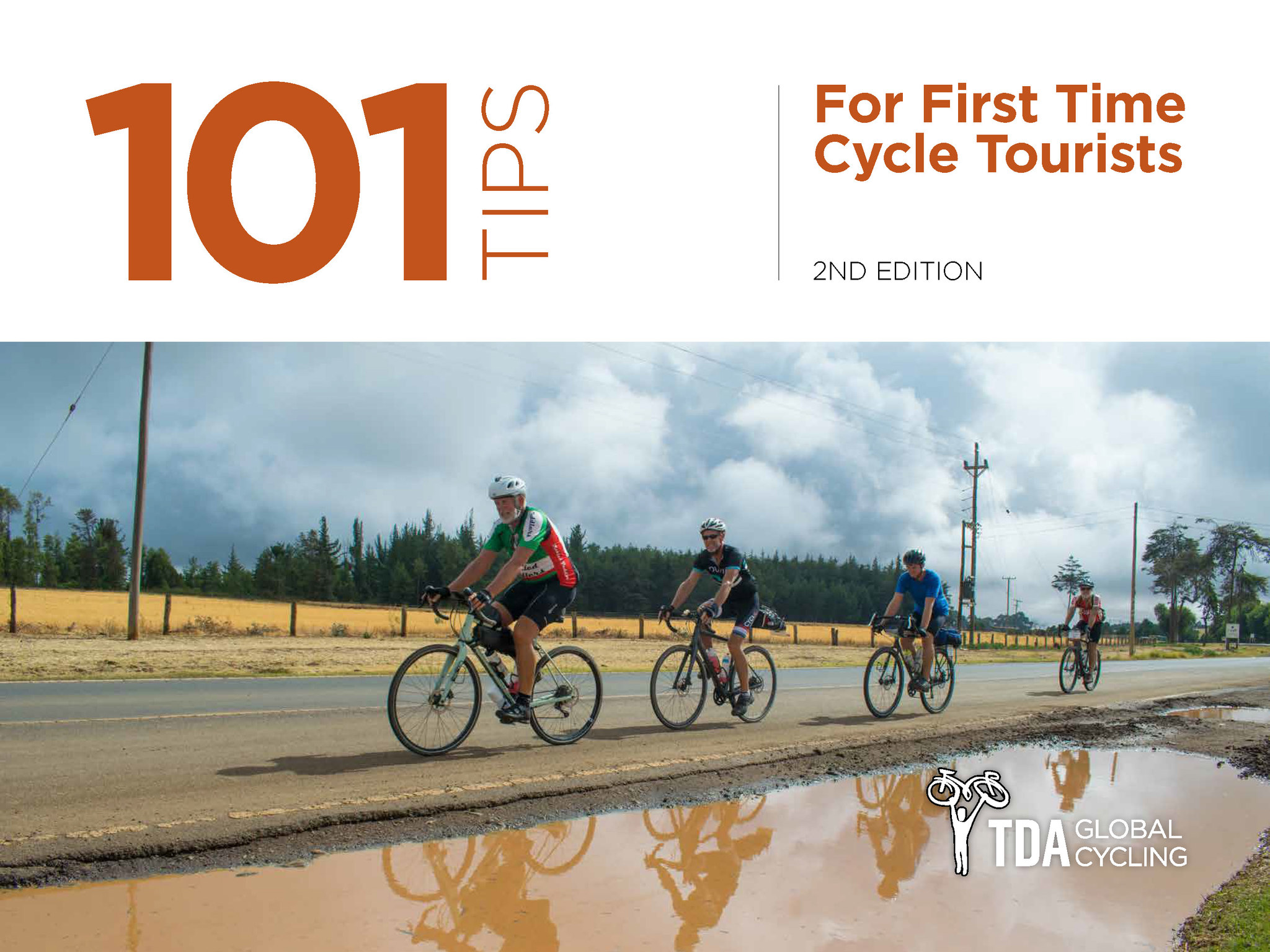
2 Comments for "Expectations, Empathy, Sweet Tea & Crossing Borders"
Hi,
Love this blog!
“But, unfortunately, not to everyone. In such situations, what happens is painful for us, the organizer”.
Have been with your Tour twice and have seen so all too much of this attitude.
Idea: Pick up the right people with the right values for coming adventures.
Eric
PS Did the same mistake at the border (with you Henry) of Uganda -Rwanda, I passed the border having the exit stamp but not the the entry stamp (how was it possible?) Later that day in dark night I have to go back, in a taxi, driven by a very young and unexperienced driver, from Kigali to the border. It was an experience I would NOT like to miss:)
Hi Eric
I remember that story. I suggest you write it up. As someone once wrote – adventure starts when something goes wrong.